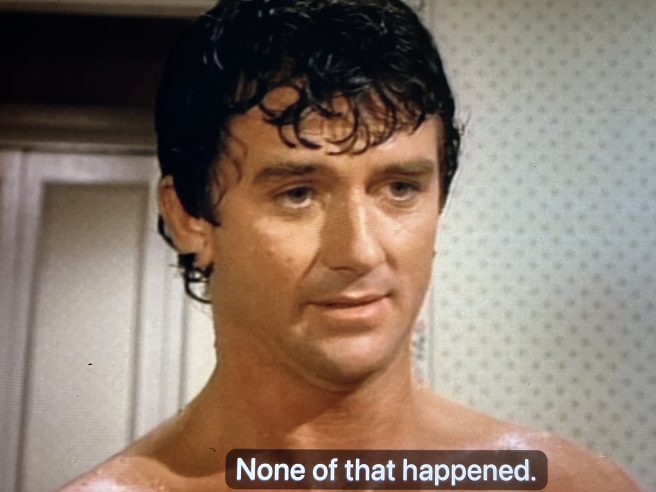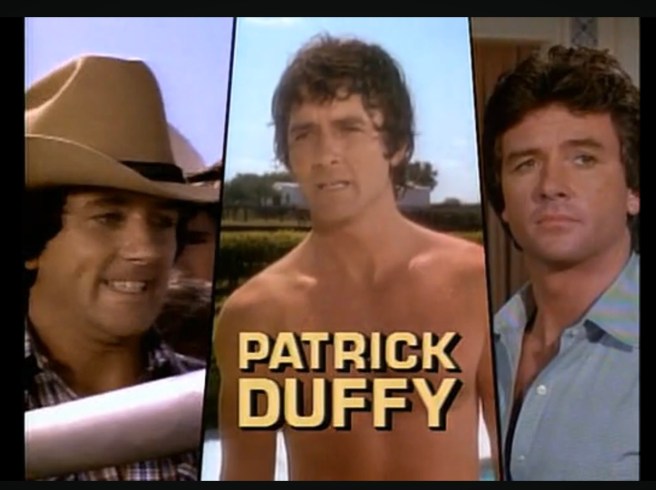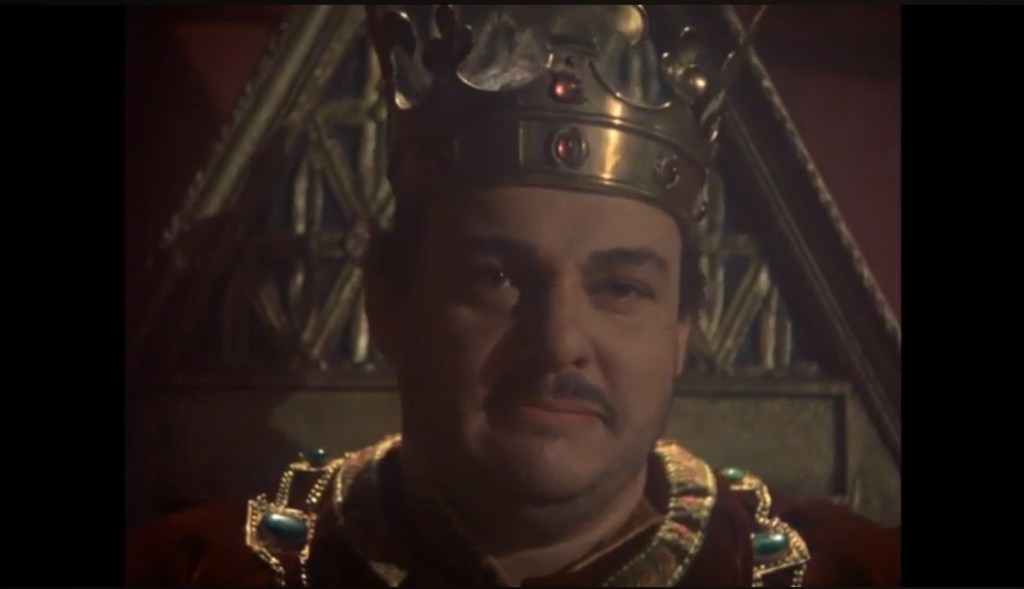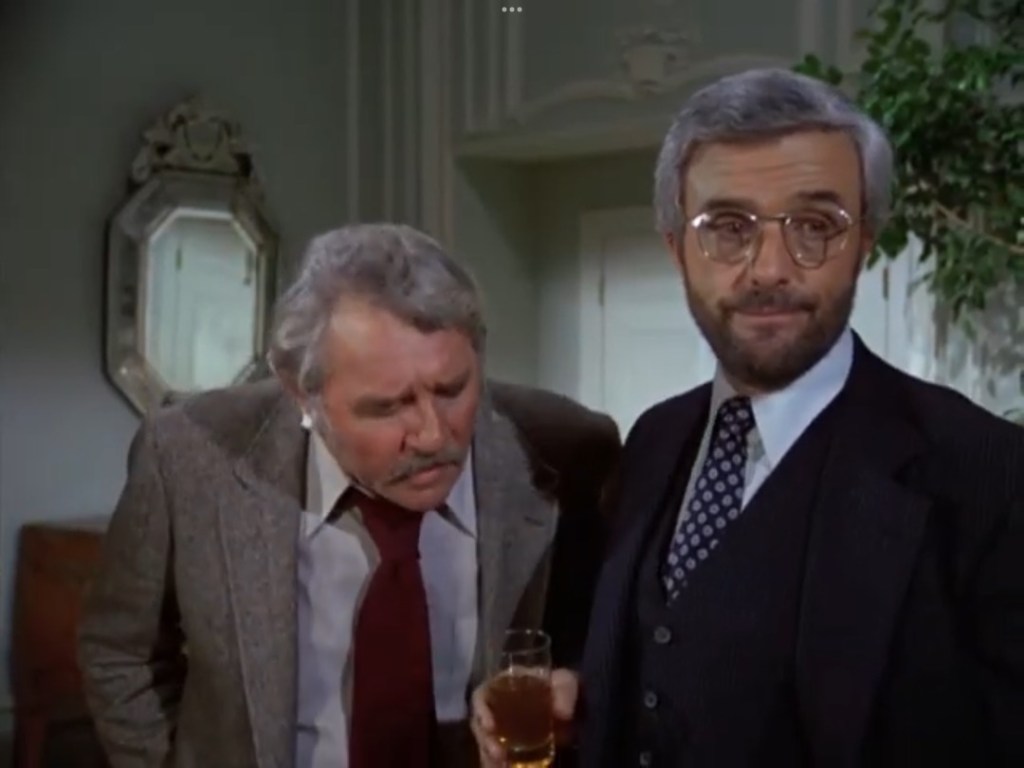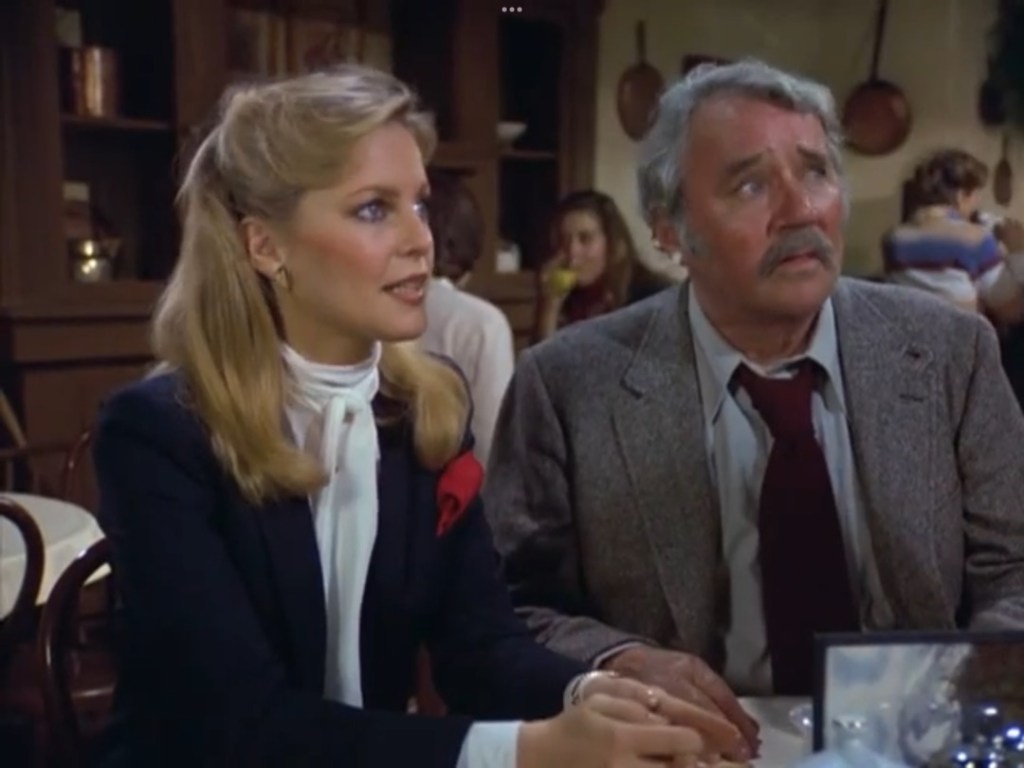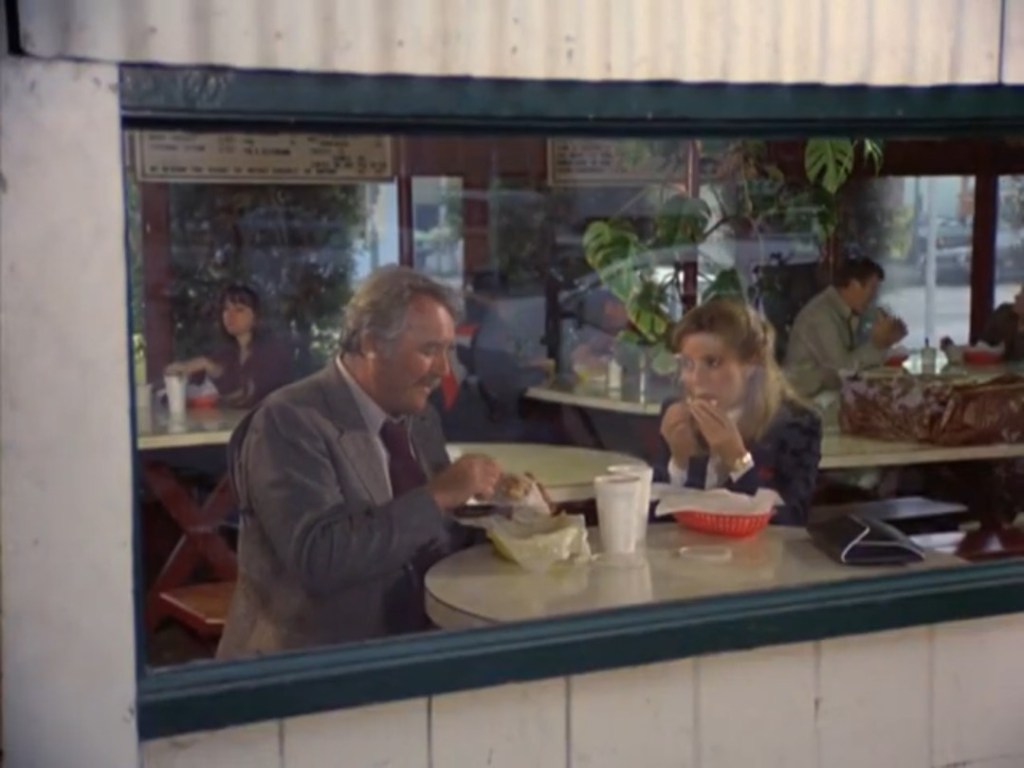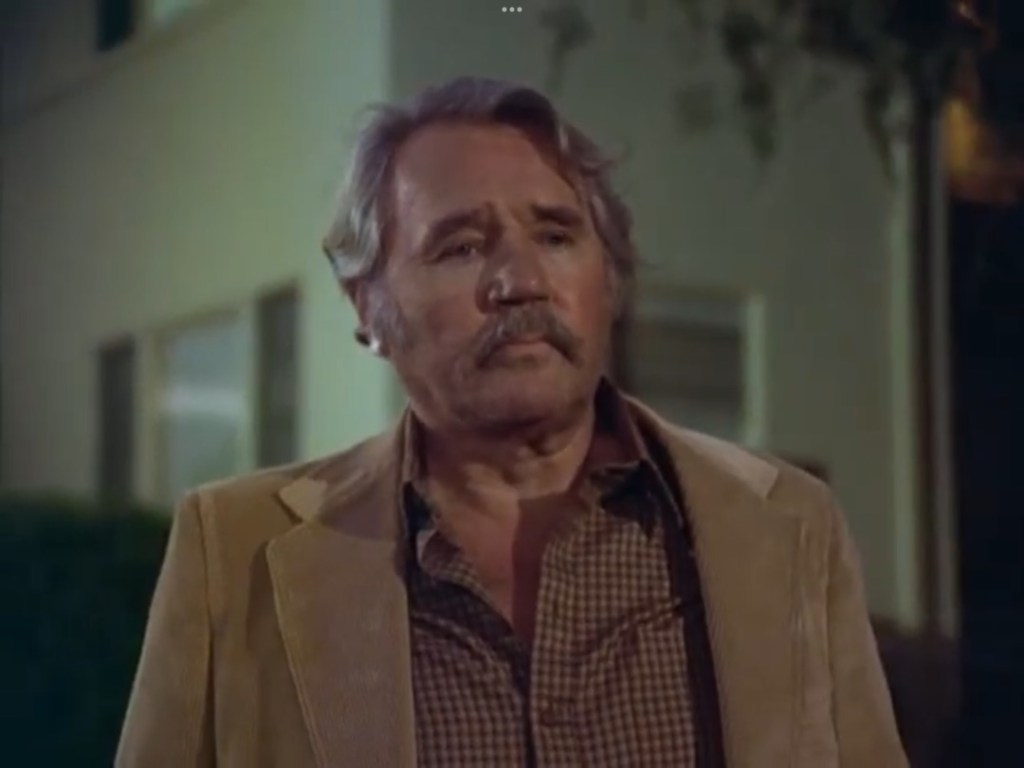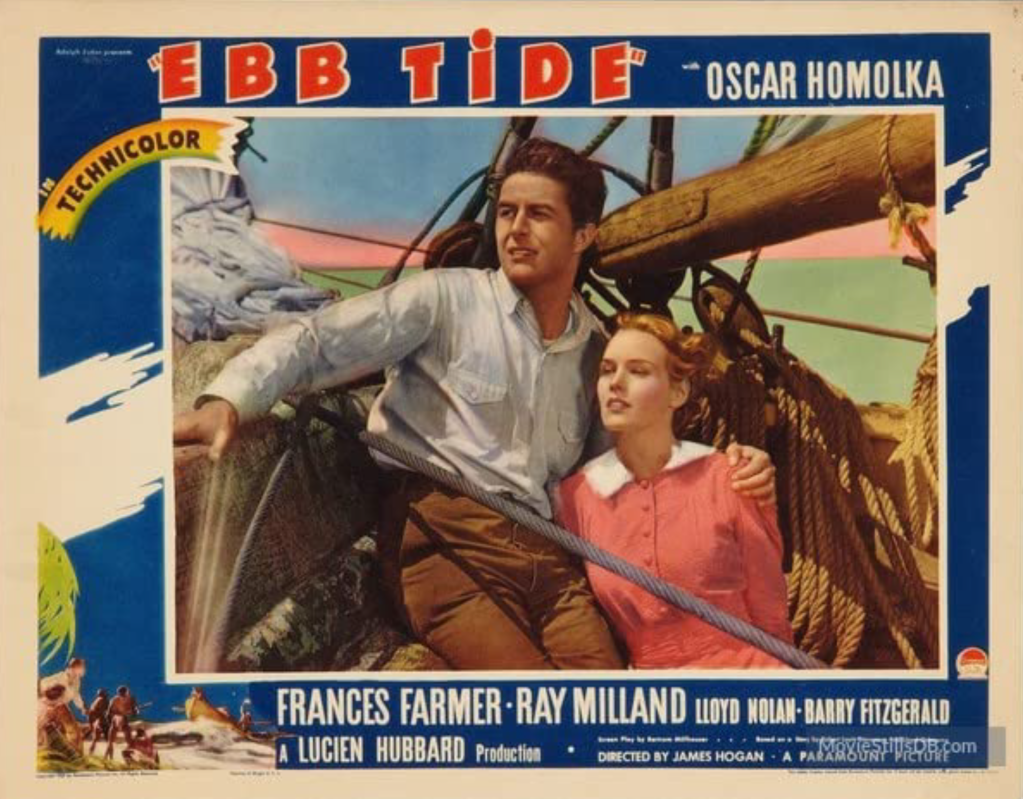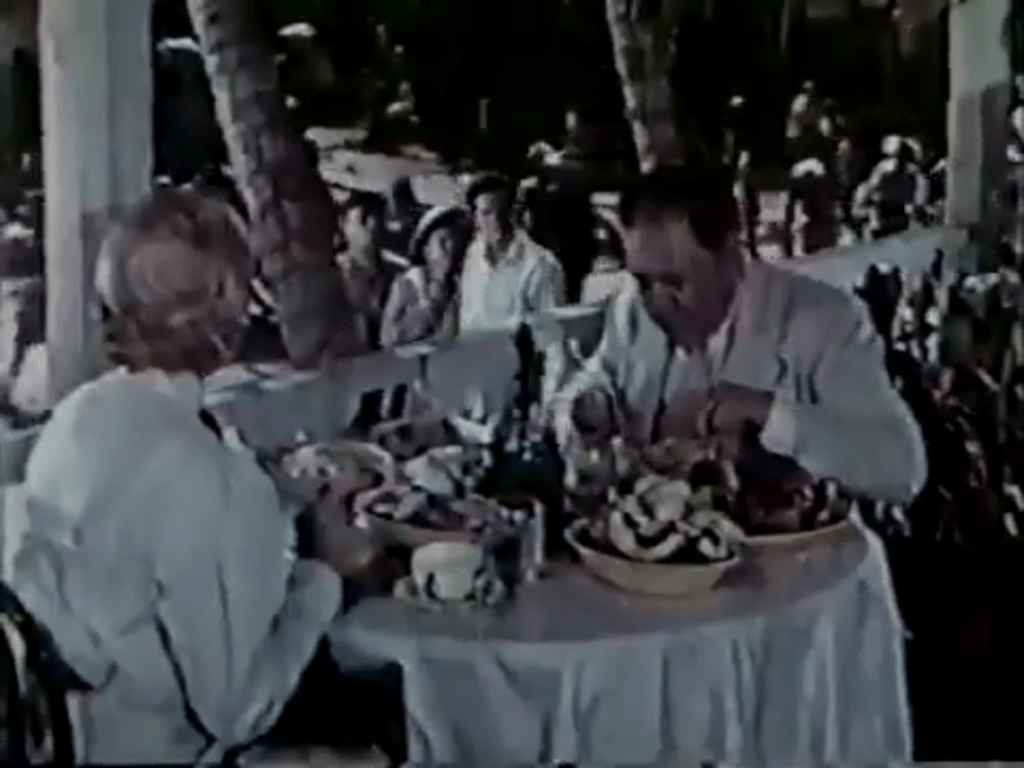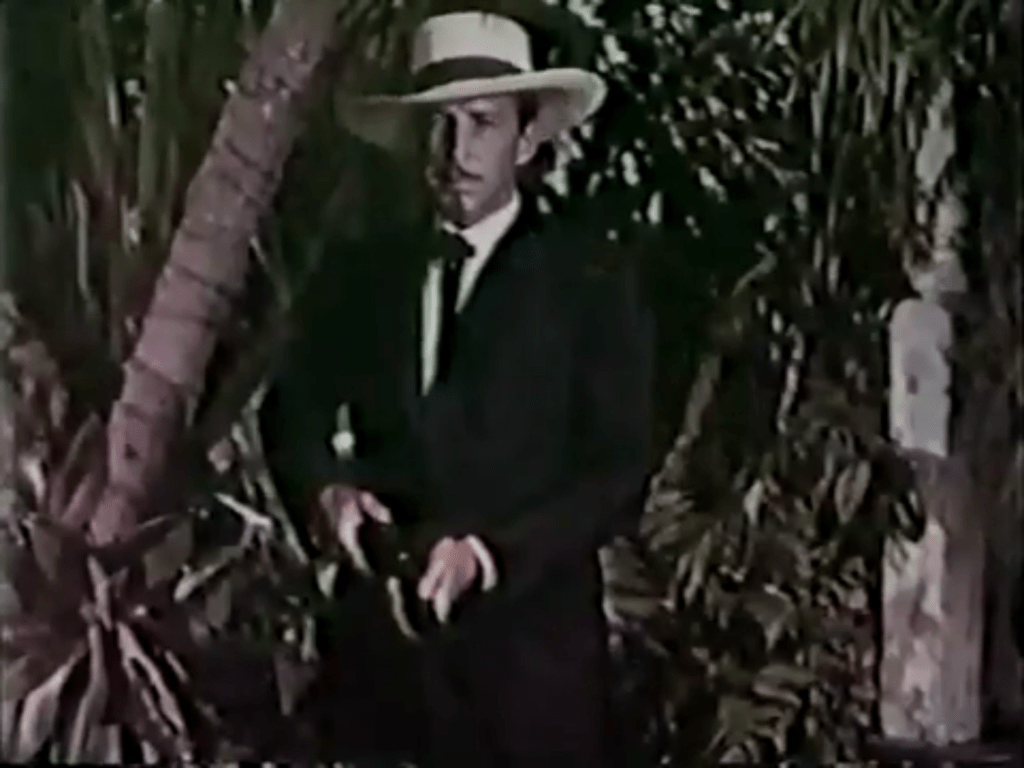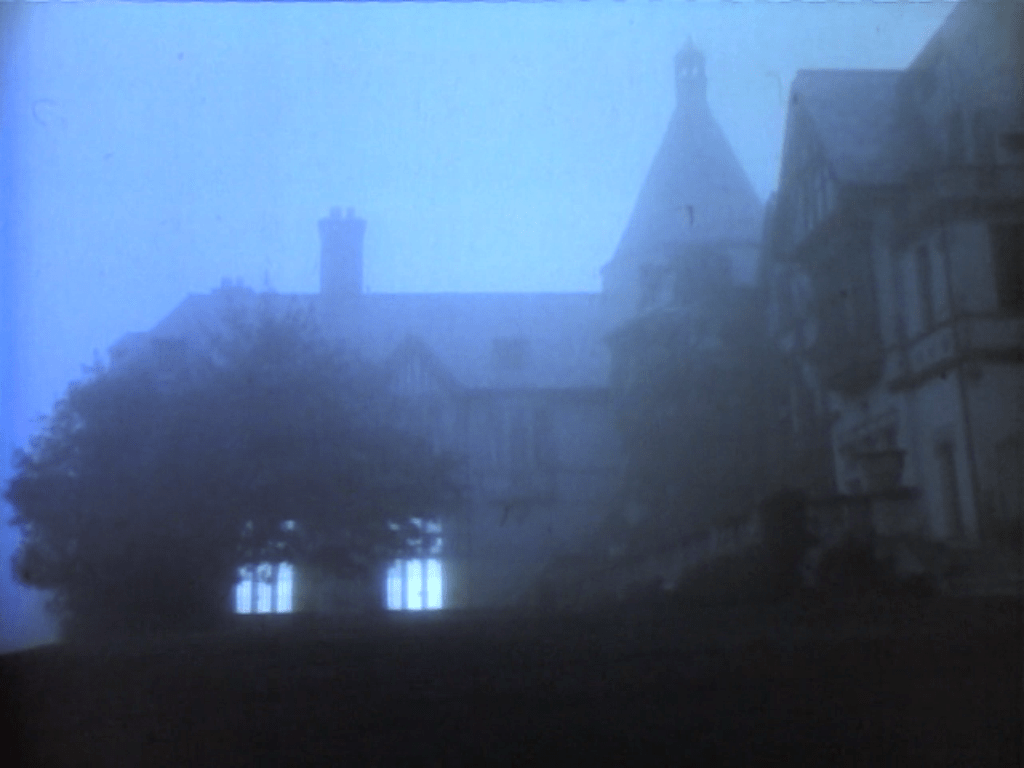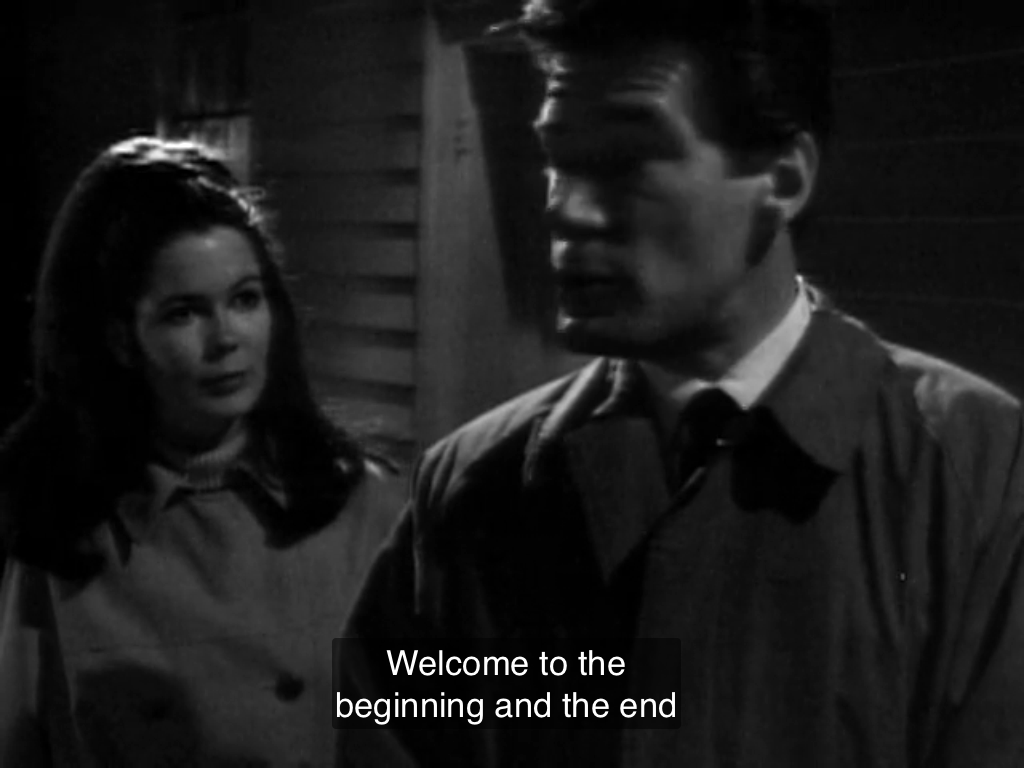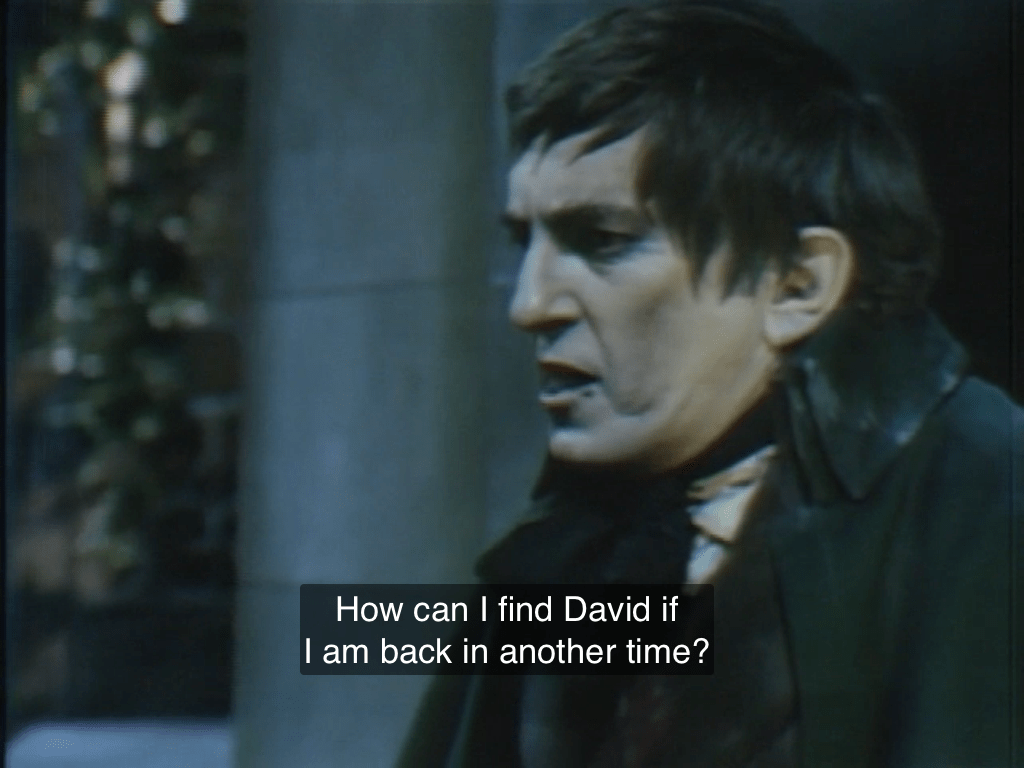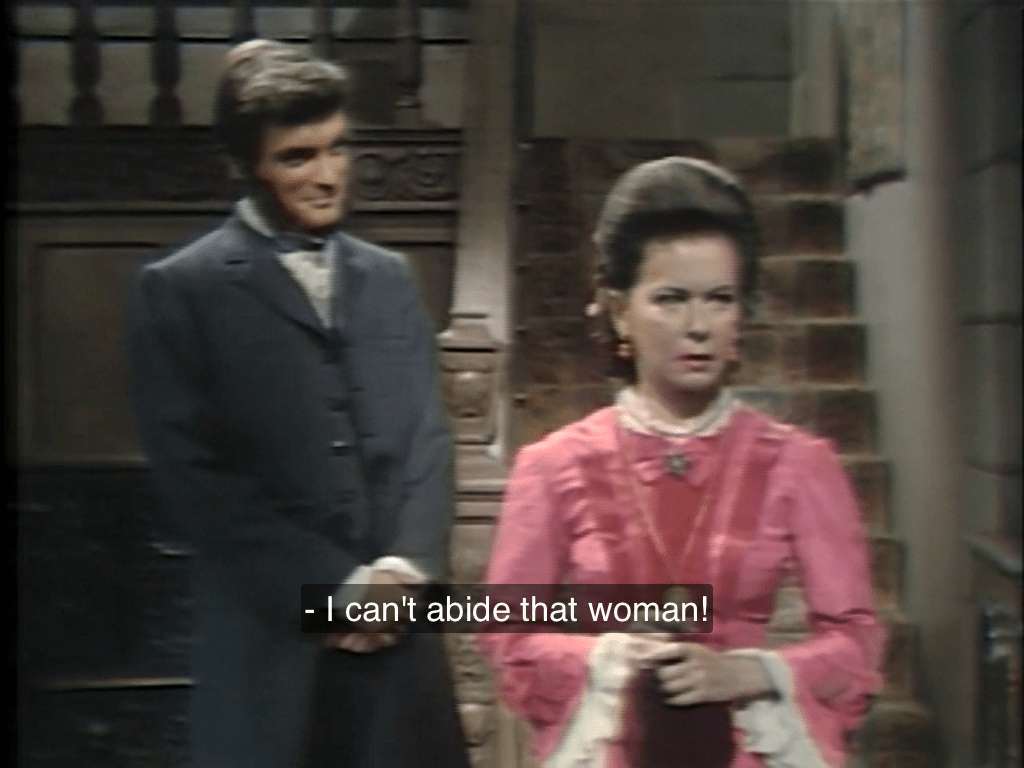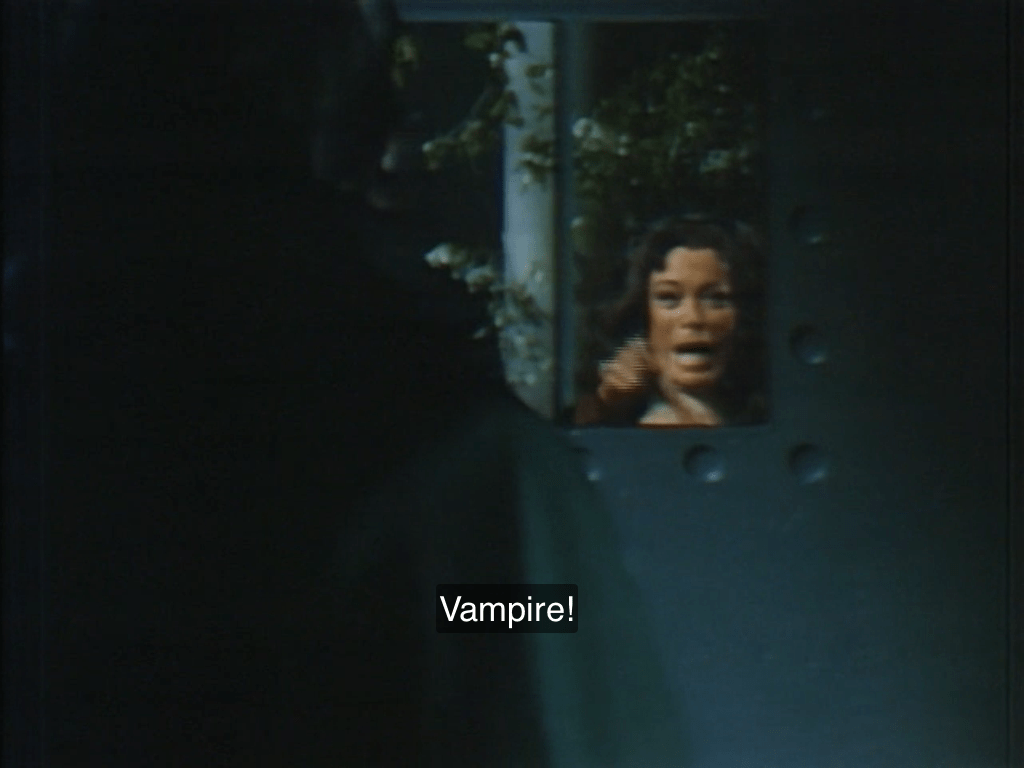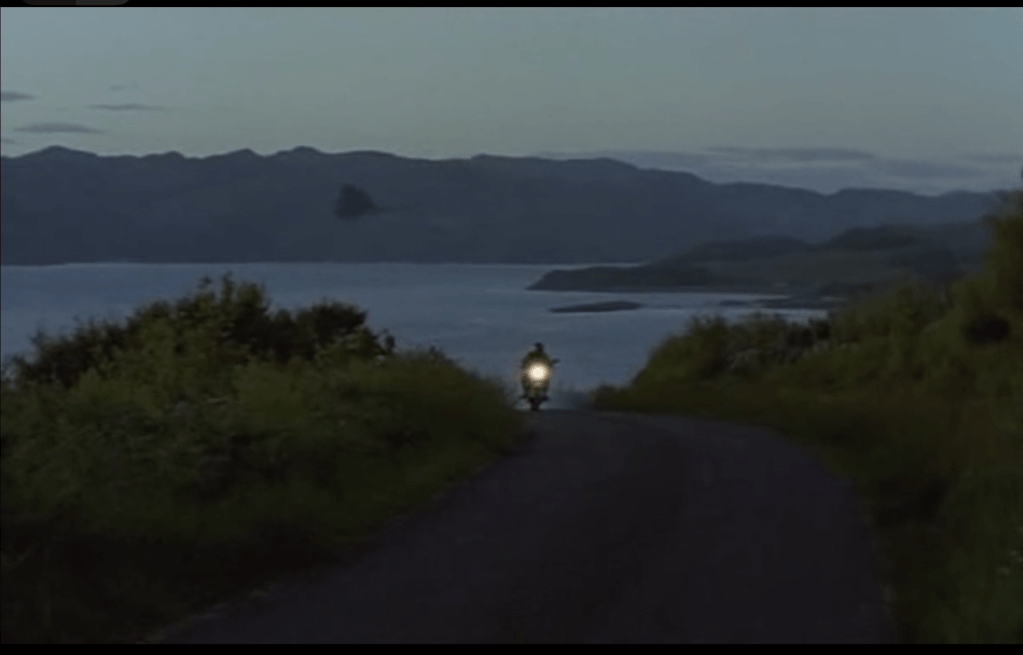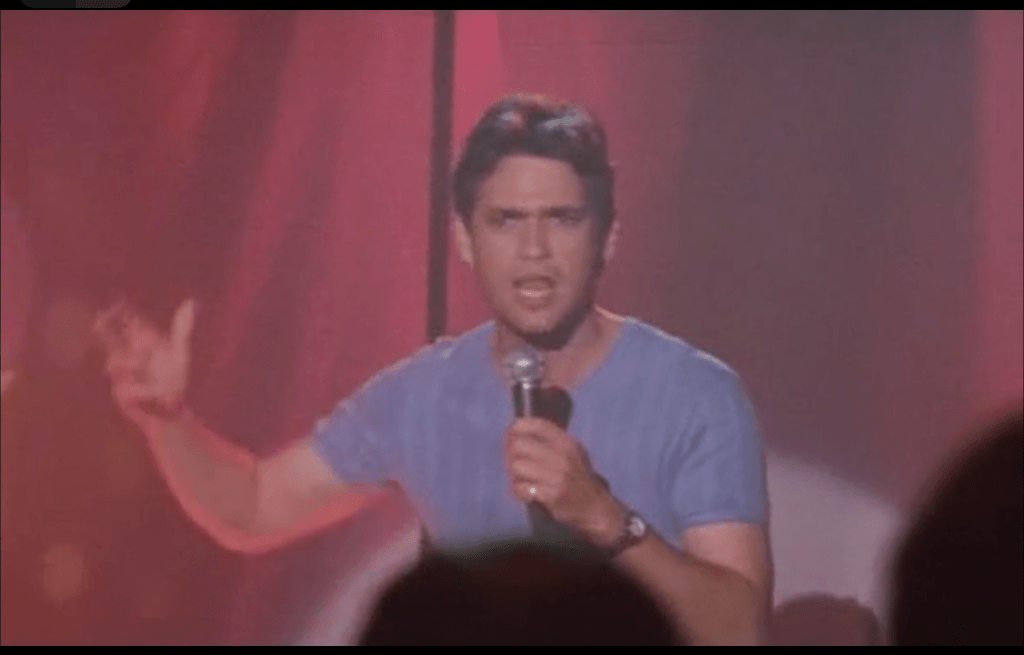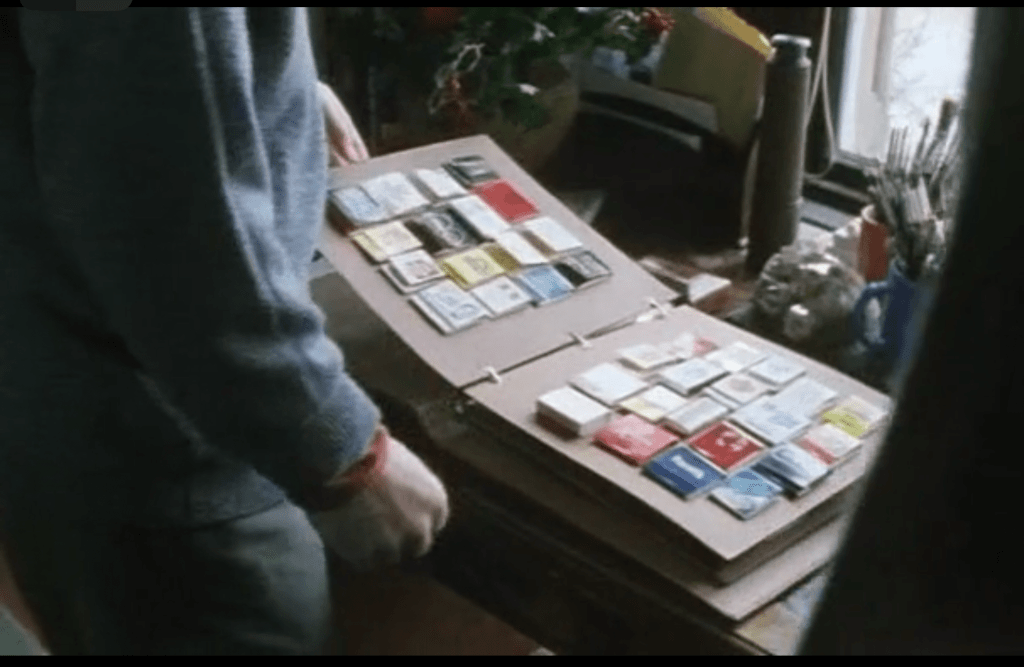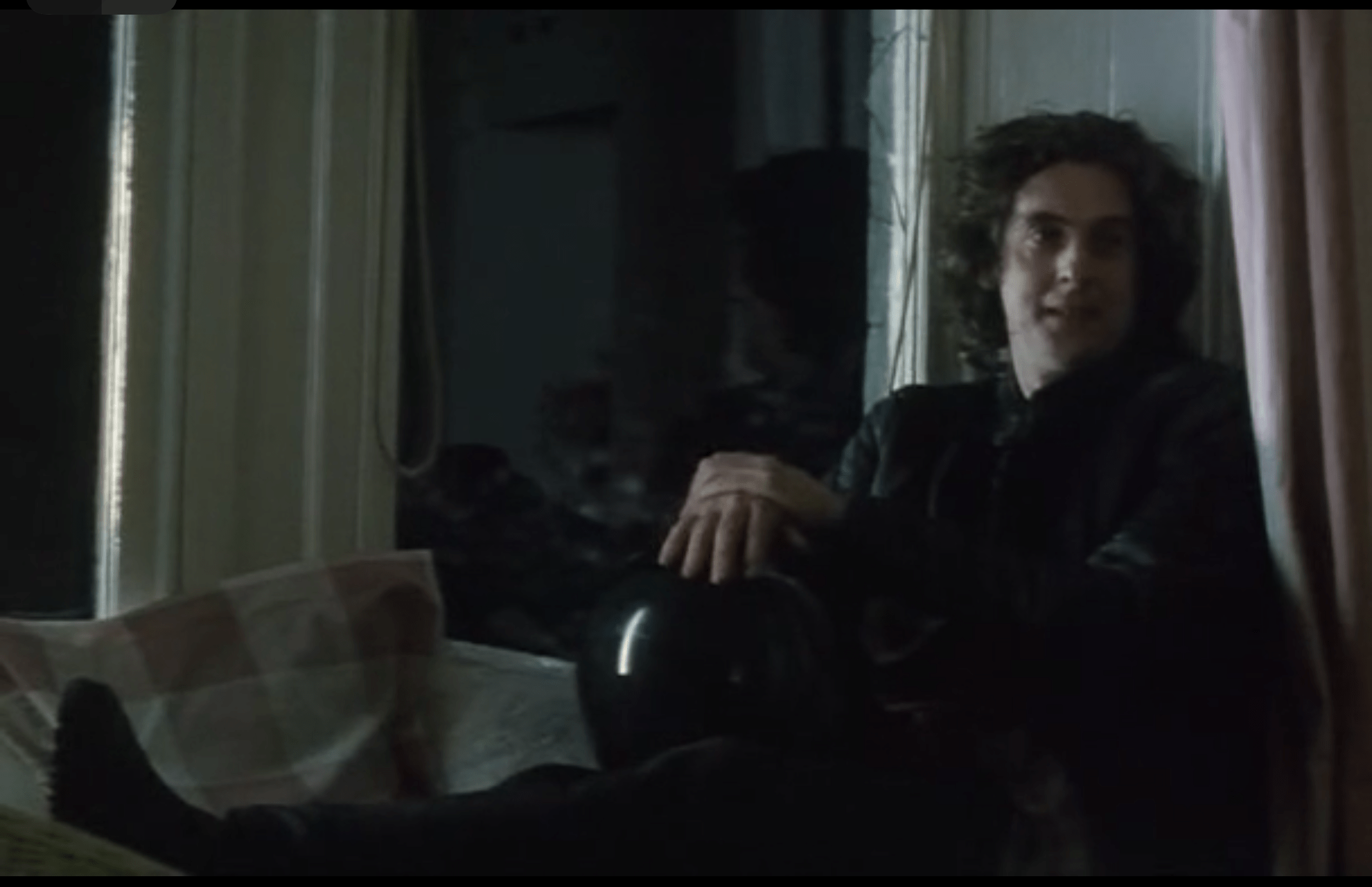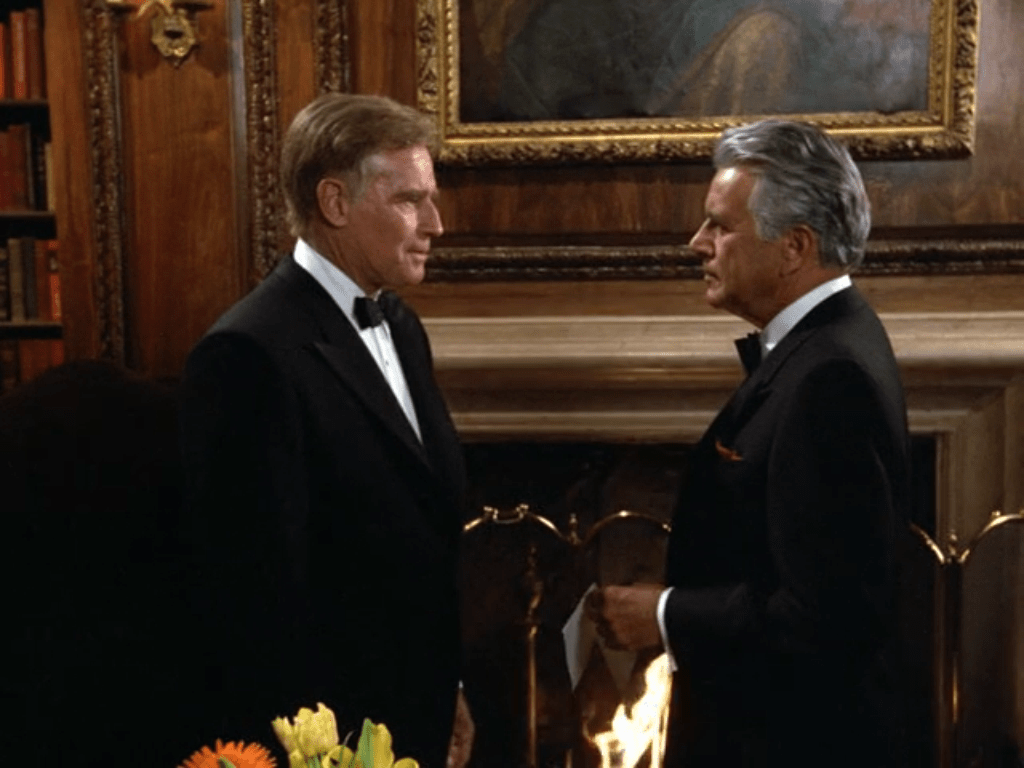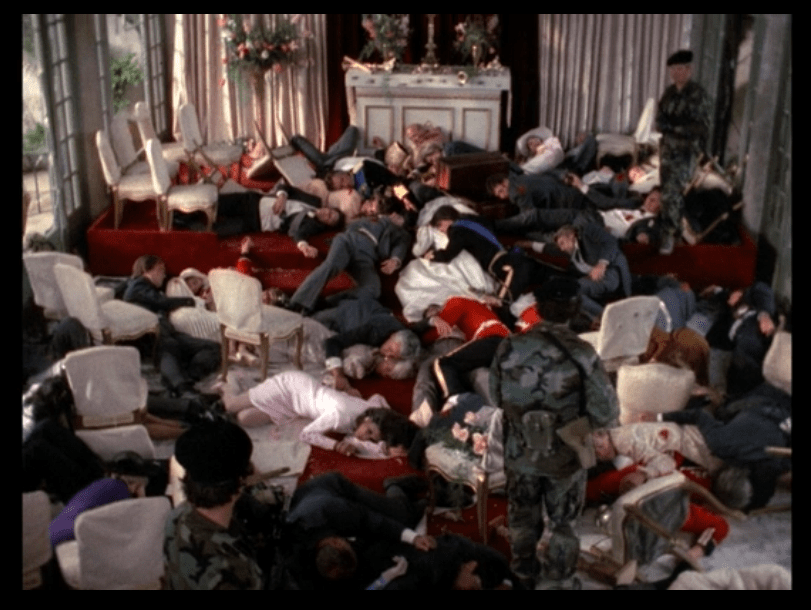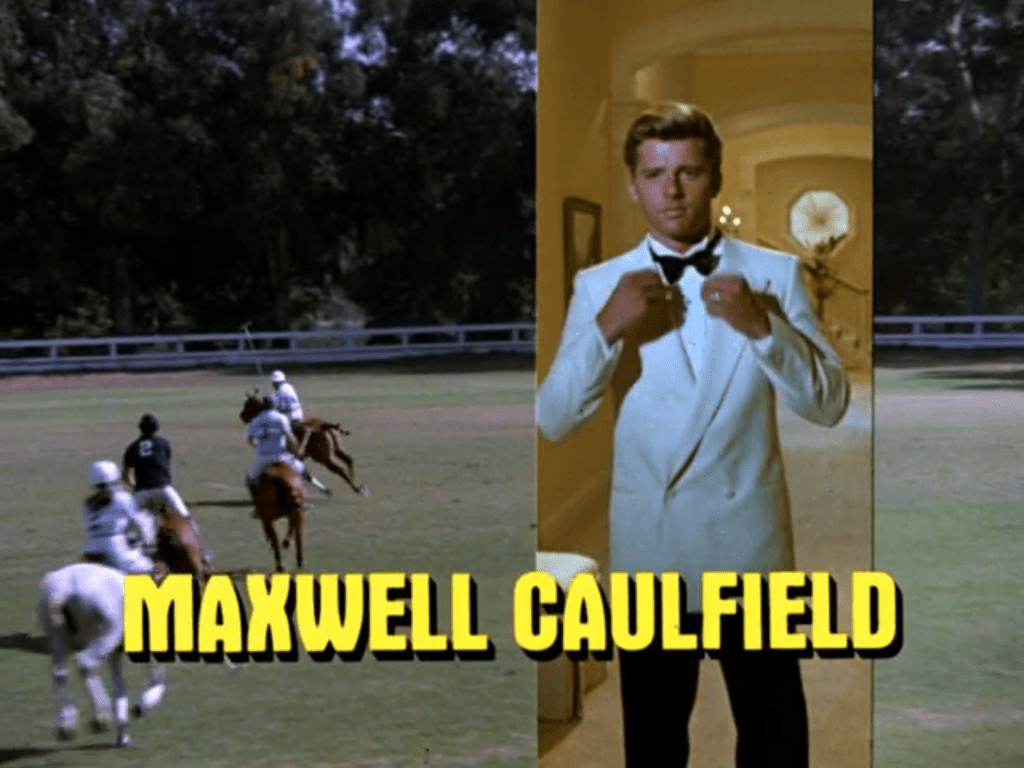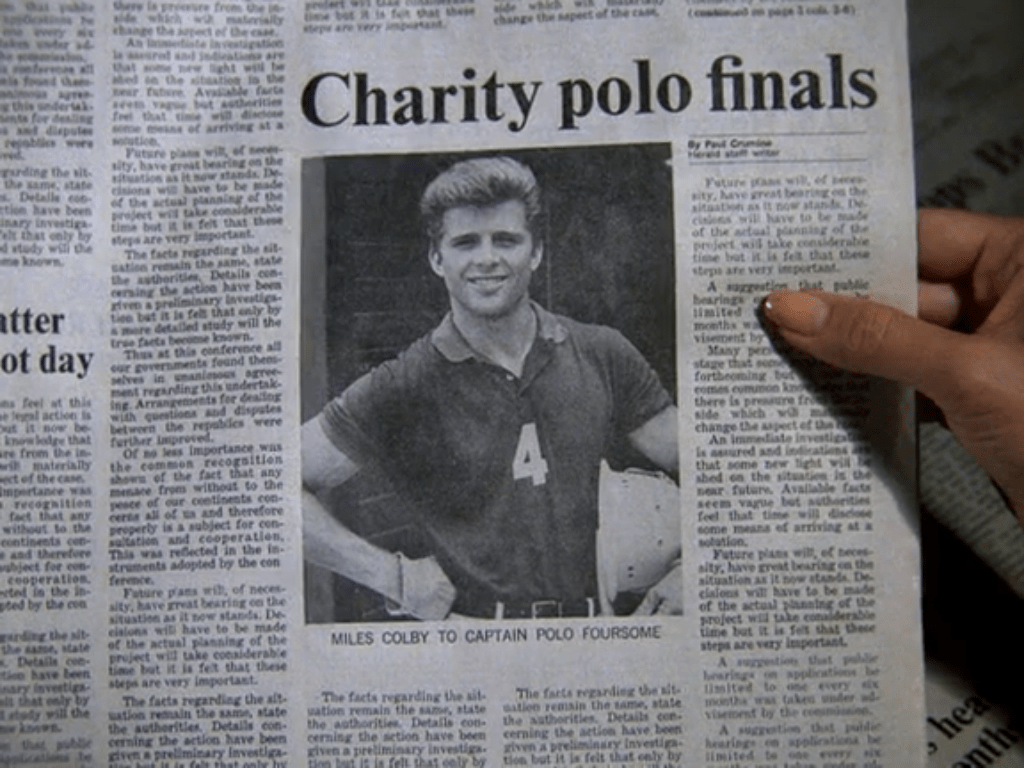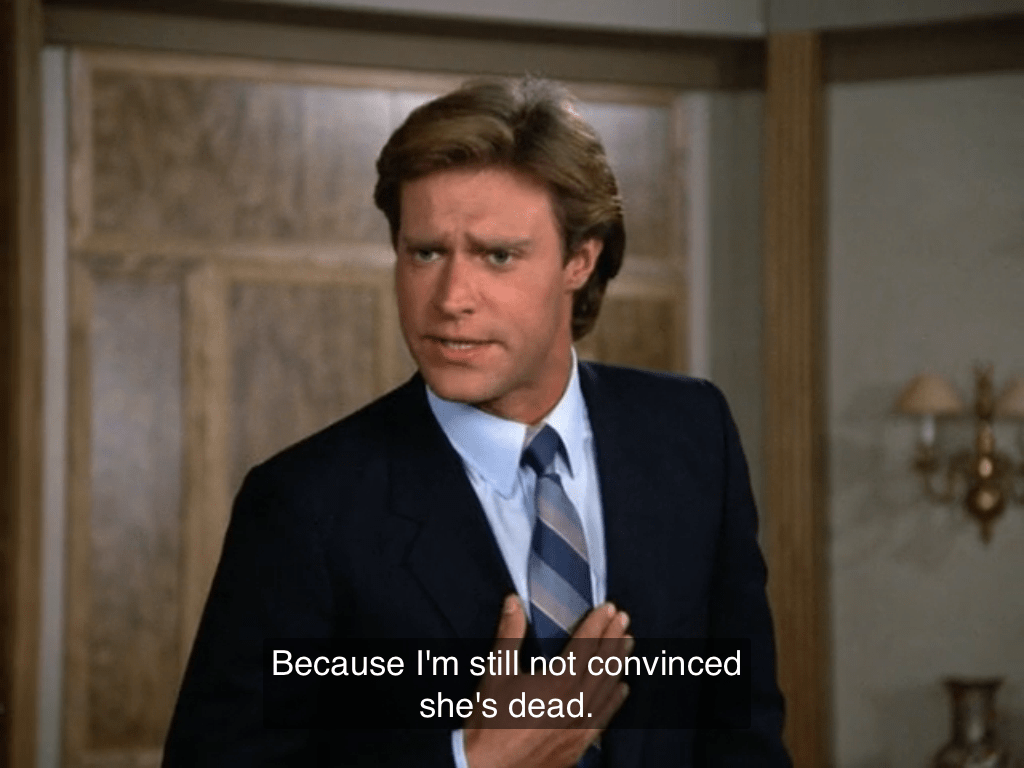
This post is part of the annual Favourite TV Show Blogathon hosted by Terence Towles Canote on his blog A Shroud of Thoughts.
21 Jump Street (1987-91) is probably better known these days for the two Phil Lord/Christopher Miller comedies sending up the show’s premise about baby-faced cops going undercover to solve crimes in high schools. Back in the 80s’ it turned Johnny Depp into a teen idol and helped launch his movie career when John Waters cast him as the male lead in his movie Cry Baby (1990) after buying a bunch of magazines to see who teenage girls were into. Created by writer Patrick Hasburgh (Hardcastle & McCormick) and legendary producer Stephen J. Cannell (Wisguy, The Rockford Files, The A-Team) 21 Jump Street was an entertaining mixture of cop show and high school drama although it could be heavy-handed when dealing with social issues and there was a tendency towards preachiness in some episodes. Mike’s P.O.V. was based on a story by John Truby and written by James Wong and Glen Morgan who would later go on to work on The X-Files and then later co-write Final Destination (2000) and the Jet Lee movie The One (2001).
Episodes usually open with a pre-titles sequence showing the criminal activity the Jump Street unit will be investigating. Then the episode will switch to Jump Street where the team will begin building a case and assigning undercover roles. Mike’s P.O.V. does something very different by making the suspect the main protagonist of the episode. We see everything from his perspective. Officers Hanson (Depp) and Penhall (Peter DeLuise) are working the case, but we never see them being briefed. To Mike (Donovan Leitch Jr.) they’re another student and a football coach and we only see them through his eyes. The other regular cast members Ioki (Dustin Nguyen) and Hoffs (Holly Robinson Peete) only appear in the credits. Jump Street boss Capt. Fuller (Steven Williams) has a wordless cameo during the final moments arresting the teacher who hired Mike to kill his wife.
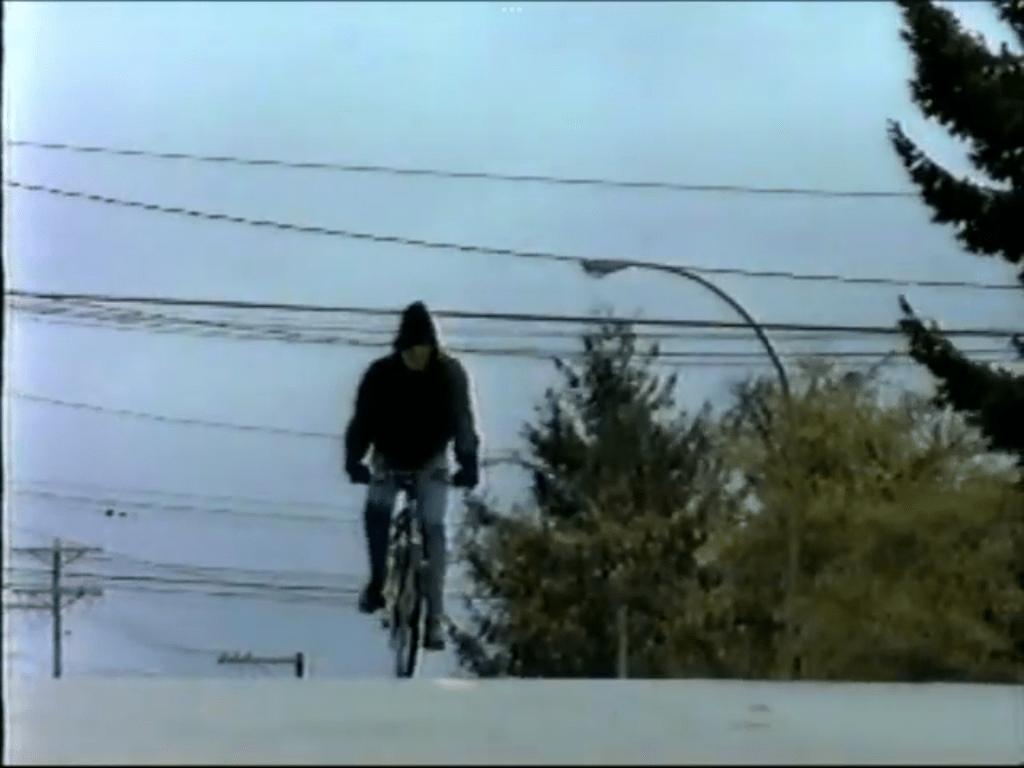
We first see Mike lying on his bed staring at the ceiling. Then eating his Teenage Mutant Ninja Turtles cereal at the breakfast table while half-watching one of those post Jane Fonda Workout knock-off aerobics TV shows they used to make in the 80s’. Then he goes outside and gets on his pushbike. He’s wearing a black jacket, black beanie hat, and a rucksack on his back. He looks like a kid going to school. He also kind of looks like a hitman. It turns out he’s both. The beanie hat is actually a balaclava. Mike approaches a parked car and fires two shots into the driver’s side killing the female driver as she waits for her husband Mr Tompkins (Paul Linke). Then he goes to school. Calmy answering “here” when the class teacher calls out his name.
Mike’s an odd kid. He’s by no means an outsider but he struggles to fit in with his classmates. It turns out Mr Tomkins is a teacher at his school and his absence is noted when his class riots and spills into Mike’s classroom. He’s sweet on Helen (Robyn Lively) but has no idea how to take it any further. At home he listens to heavy metal music and trashes his room. His mother’s a drunk who pays little attention to him. Dad’s not around. 80s’ heavy metal music and parental neglect. There’s an overriding conservatism in 21 Jump Street that mark these out as signifiers of a kid who’s going to go off the rails. Especially the heavy metal music which at the time got caught up in the tail-end of the Satanic Panic and was often linked to Satanism by the conservative media.
At school he’s on the fringes of his social group. He contributes nothing to a debate in class comparing the Iran Contra scandal to Watergate preferring to keep quiet while the other kids express a cynical admiration for Reagan managing to get away with it. He clumsily asks Helen on a date to the funeral. She has to lead him through the proceedings because he’s never been to church (another conservative red flag). Later when he tries to buy tickets for a rock concert, he has to ask the guy at the venue which band he thinks girls would like. Whitesnake, 10,000 Maniacs, or The Bodines. I mean pick one dude. They’re all great bands.

Mike begins to try and buy favour with his classmates by using the money from the hit to impress them. He takes a fancy to the new coach’s (Penhall undercover) truck and tries to buy it from him. Instead, he spends $1500 on a corvette asking the man selling it “It’s cool right. When people see you driving it, they think it’s a cool car right?” Mum wonders where he’s getting the money because he got fired from his last job. Mike tells her he’s now working at the ice-rink, and she returns to the bottom of a beer bottle. When he spends $200 to use the rink for an after-hours hockey match for his class-mates he falls out with the owner who demands more cash. As they leave the owner tells the group, “He don’t work here.”
Depp rarely speaks in this episode channelling the kind of offbeat weirdness that would define his screen roles in the decade to follow. Mike took an immediate dislike to Hanson when he helped Helen pick up her books in the corridor after another kid bumped into her. He asks Bill (Vince Vaughn) not to invite Hanson to the hockey match. When he turns up Mike pole-axes him on the ice. At the funeral he tells Penhall “I don’t like him. He tries too hard to make friends.” But his dislike turns to suspicion when he finds Hanson inspecting his bike. Later he follows Hanson to the police station where he sees him greeting an officer.

“I have the feeling someone knows” he tells Tompkins demanding more money because he heard somewhere the going rate for a hitman is $10,000. Tomkins threatens to hire another hitman for less money to take care of him. So when Mike sees Tomkins talking to Hanson he begins to worry. He’s spiralling now. No longer talking to his classmates and telling Penhall to leave him alone. Resigned to having to kill Hanson. “Can’t go back now.” He gives the Whitesnake tickets to Helen’s friend who’s delighted she won’t have to go to the concert with him. And he lures Hanson to school at night intending to kill him in Tompkins classroom, but Penhall is there to back up his Jump Street colleague. “Why’d you do it Mike?” and his answer is he wanted his classmates to like him.
Mike’s P.O.V. tries to do something formally different with the structure of the show. It’s interesting and a little ahead of its time in trying to analyse the mindset of a potential shooter. I’m not quite sure the psychology hangs together, and the absurdity of the 21 Jump Street’s premise always undercuts any attempts at seriousness. I’ve got a lot of time for producer Stephen J. Cannell. You might remember him as the guy who signed off at the end of the credits by taking the page from his typewriter and throwing it up in the air. The Rockford Files and Wiseguy are two of the most influential TV shows ever made and his name is on a long list of hit shows (Hunter The Greatest American Hero, Renegade). I’m still making my way through 21 Jump Street (I think the spin-off Booker might be the better show) but it’s entertaining enough though whether it continues to be so after Depp and the original cast leave at the end of season 4 remains to be seen.

